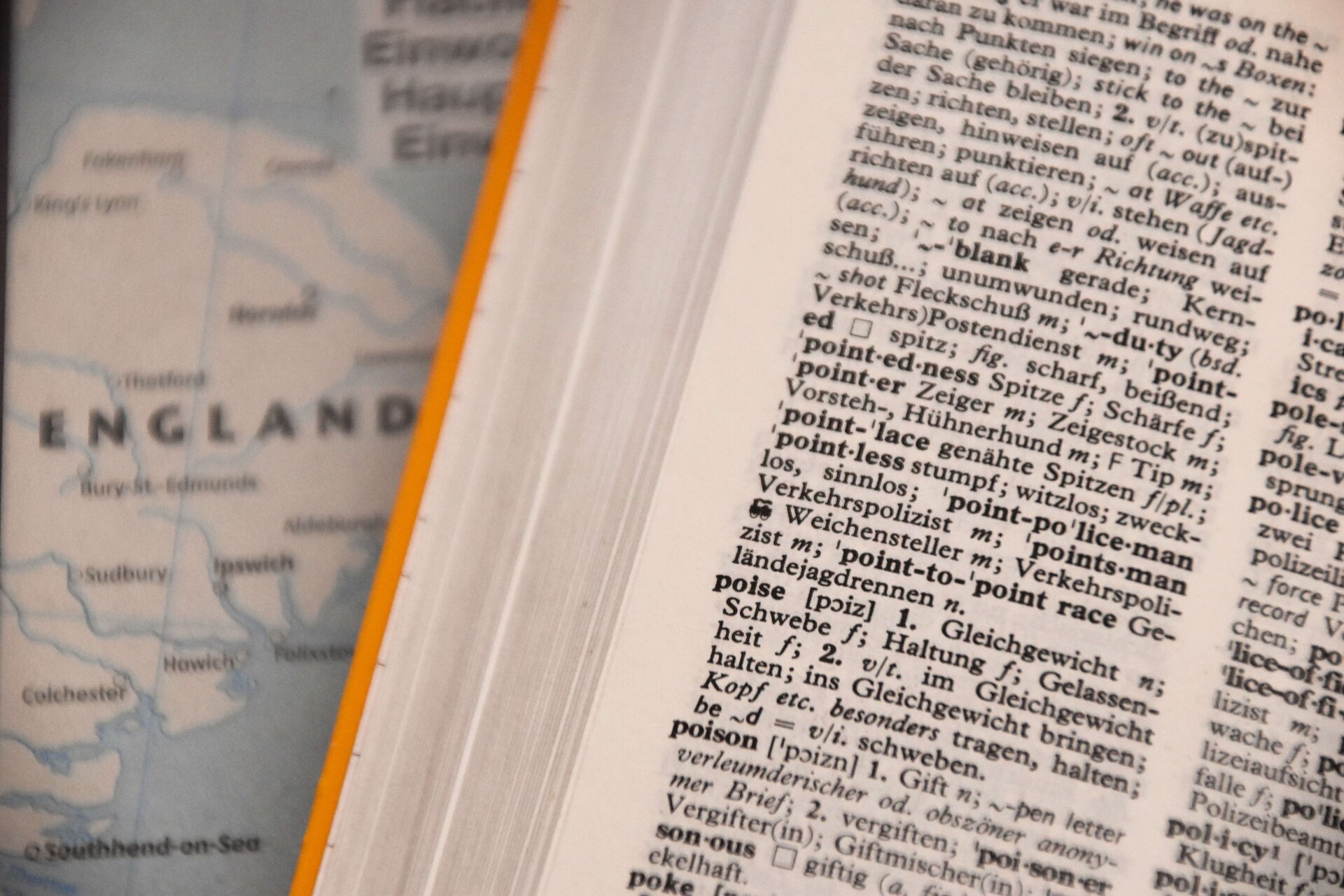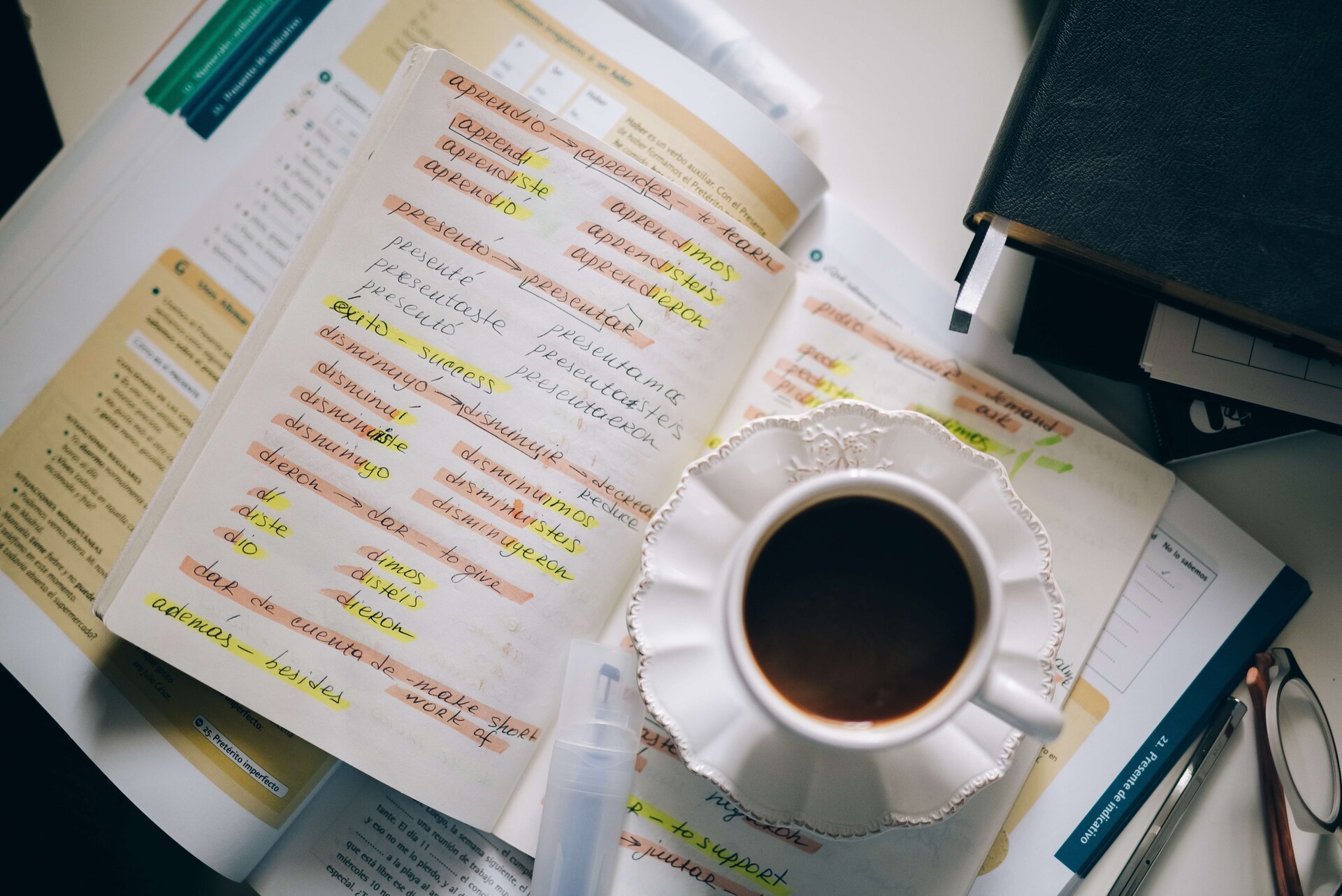Is it possible to speak 5 languages? How to be a polyglot from my experience
When I arrived in Milan I had a clear purpose: to learn languages. I arrived speaking the basics of the two languages I wanted to learn (English and Italian), but this didn't stop me in the slightest to make my goal clear, from the first moment I had to give everything to improve my language level.
Then, when I was still not even fluent in Spanish, I met people who spoke up to 5 languages... Five! How did they do it? That's where I wanted to go, because they seemed as normal as me. They were not surrounded by books 24/7: they went out, ate and drank. Nothing suggested to me that they had anything I couldn't get, so I asked them and that's where everything I'm going to talk about in this post came from.

Why don't we always learn languages properly?
When we study subjects such as memory in psychology, we come to the conclusion that there is no magic wand that can make you remember everything you look at accurately. But there are techniques to increase the effectiveness of memory. The most important thing when it comes to memorising something is to pay attention to it! Yes, you read that right, we must pay attention to what we are doing or we won't learn anything. If you spend hours and hours in an English academy while yawning, looking at the time and switching off, you're not going to learn anything!
The same applies when you go abroad. If you go to London to learn English, but your conversations are based on using the translator, blurting out everything that's written there and forgetting about it, you're not going to learn any English! The good thing about being on Erasmus is that we are usually interested in what surrounds us. Therefore, although we are not aware of it, we are paying more attention to all the variables around us. Why? Well, if you don't have your 5 senses focused on understanding the person you have just met, you will never be able to answer what they have just said. If you don't make an effort to communicate in the best possible way with your German friend over coffee, it will be an hour where instead of laughter and experiences, you will share yawns and awkward glances.
I was very curious about how to learn languages faster as I was surrounded by polyglots, so I needed their advice on how to become a polyglot or at least how to learn languages and get the most out of the experience.
What is a polyglot?
A polyglot is someone who knows and speaks several languages and is able to use them without difficulty to communicate, so if you are bilingual or trilingual you are also considered to be a polyglot. But what is perhaps most striking to us is when someone speaks more than 4 languages, some of them not so similar. So, how do they do it?

How to become a polyglot: 5 steps to learning a language
Those people I met who spoke so many languages seemed to do so without any difficulty. So I decided to ask how they had learned so many languages. I found several things quite interesting and came to the conclusion that, by following these steps to learn a language, you can be a polyglot.
1. Watch TV series and films in their original language
Either with or without subtitles in the target language, watching TV series and films in their original version will help you to train your ear for learning several languages. While you're watching that love story, drama or adventure you've been looking forward to, you'll be learning a language!
2. Listen to music and read the lyrics at the same time.
If your level is very advanced, forget about the lyrics. Even so, it will be a good way to improve your grammar, as there is always something we fail at. If your level, like mine, is almost non-existent, don't worry! You are already at the first level of learning. I recommend you to download Genius, an app where you can find the original lyrics of almost all the songs you like.
3. Use Ankidroid to memorise
This programme consists of flash cards to memorise vocabulary and concepts, and was recommended to me by my good friend Ibra, who is a polyglot and speaks Italian, Spanish, Arabic, Polish and English. I'll try it out to see how it goes, but they say it works very well for learning several languages.
4. Communicate with native or experienced speakers
This is very important on your Erasmus, here you will have a unique opportunity to perfect this point. When you speak, you first have to understand what you have been told and process it. Then you have to make sense of it in order to answer coherently, and finally express your opinion. Don't worry if you don't follow these steps to perfection. My beginnings with language learning have been more like a monkey with cymbals in my head than an information processing scheme, but that's what the next point is for.
5. Make mistakes and let others know they can correct you
Keep your chin up with the mistakes you make and laugh a lot at the stupid things you say. No one has ever died making a linguistic mistake while having a coffee, you don't have to be ashamed of it, at least you are trying. Let those around you know that you need their help, you need to be corrected to improve your skills and learn the new language. If your mission is to go through a maze and you are always going in the wrong direction, you will never get through it. You need to change direction until you find the right one, at which point you will have increased your learning.
My mission with this post is not to post boring grammar every day so that we all go over irregular verbs together. It is important to make learning something motivational, something to have fun and that we want to repeat day after day. That is my mission!
Laugh, try, fail... there is nothing wrong with any of these processes. You don't have to make an angry face while reading an English grammar book in order to learn. Academies are very positive for our improvement, and language classes are great to give you a good base and to meet and talk to people who are learning like you. But I also want to show you that learning a language in 6 months is possible if you know how.
Will we make it? I'm sure we will. Don't forget the most important thing I wanted to bring with this post: learn a lot, while having fun and in a good atmosphere.
Photo gallery
Content available in other languages
Want to have your own Erasmus blog?
If you are experiencing living abroad, you're an avid traveller or want to promote the city where you live... create your own blog and share your adventures!
I want to create my Erasmus blog! →





Comments (0 comments)